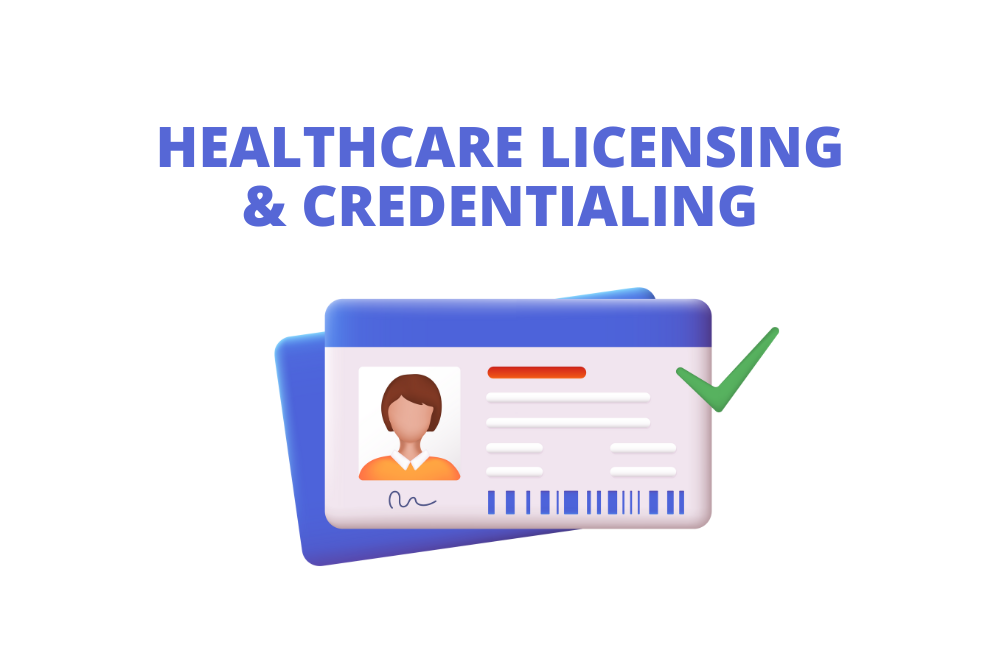Credentialing is a critical process in healthcare, ensuring that providers meet professional and legal standards. At the heart of credentialing lies licensing, a fundamental requirement for every healthcare provider. For practice managers, healthcare providers, and clinic owners, maintaining up-to-date licenses is essential for smooth operations, legal compliance, and financial stability.
Failing to secure or renew the correct licenses can lead to denied insurance claims, legal issues, and even the loss of provider status with payers. Here’s what you need to know to navigate the licensing process effectively.
Why Licensing is More Than Just Paperwork
Licensing isn’t just a regulatory step—it’s the foundation of compliance and credentialing. Ensuring that all healthcare providers in your practice are properly licensed prevents operational and financial disruptions.
1. State Medical Licenses: The Legal Requirement
Each U.S. state has unique licensing rules for healthcare providers. To practice legally, providers must:
✔ Understand state-specific licensure requirements.
✔ Keep up with renewal deadlines to avoid penalties.
✔ Maintain active licenses to prevent insurance claim denials.
Failure to renew a state license on time can lead to suspensions, financial penalties, or revoked credentials, affecting patient care and provider reimbursements.
2. Board Certifications: A Mark of Expertise
While a state license grants the legal right to practice, board certifications validate a provider’s expertise in a specialty. Many insurers require board certification for reimbursements and approvals for advanced procedures.
- Board certification involves rigorous exams and continuing education.
- High-risk specialties (e.g., surgery, cardiology) often mandate certification.
- Providers with board certifications gain credibility, career advancement, and better payer relationships.
3. Controlled Substance Registrations (CSR): Prescription Compliance
Healthcare providers who prescribe medications, especially controlled substances, must secure a DEA registration and, in some states, a separate Controlled Substance Registration (CSR).
- These registrations require background checks and federal/state compliance.
- Without them, providers cannot legally prescribe or dispense certain medications.
- Expired or missing registrations can lead to legal consequences and insurer denials.
Streamlining the Credentialing Process
With ever-changing healthcare regulations, staying compliant can feel overwhelming. Managing state licenses, board certifications, and DEA registrations requires meticulous tracking and timely renewals.
How to Stay Credentialing-Ready:
✅ Use automated credentialing software to track expiration dates.
✅ Set up reminders for renewals to prevent last-minute lapses.
✅ Stay informed about state and federal regulation updates.
✅ Conduct internal compliance audits to ensure all records are up-to-date.
By leveraging modern digital solutions, healthcare providers and practice managers can simplify credentialing, minimize risks, and ensure uninterrupted operations.

